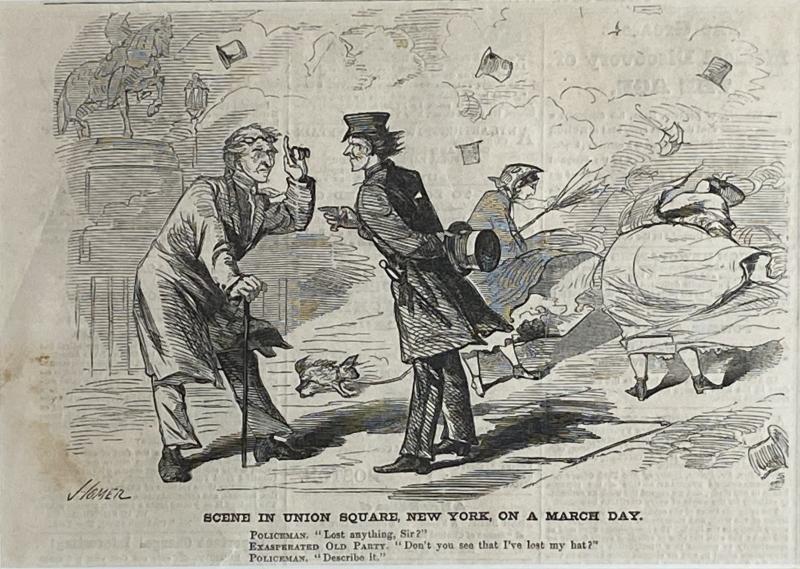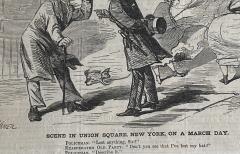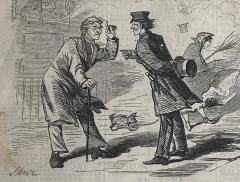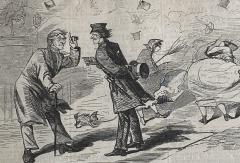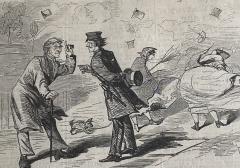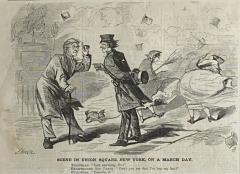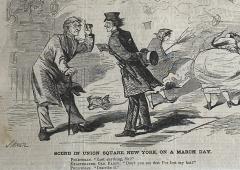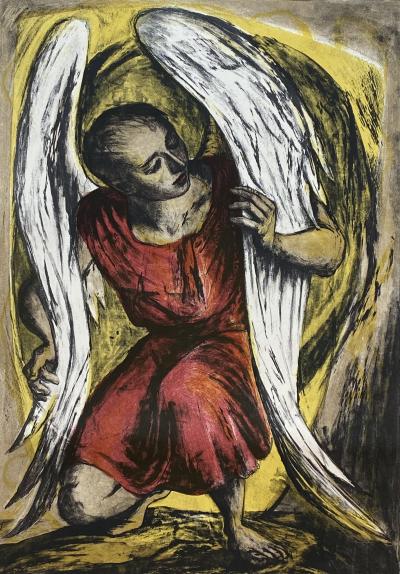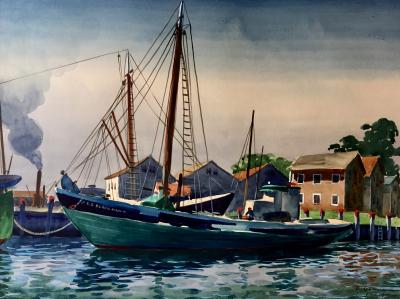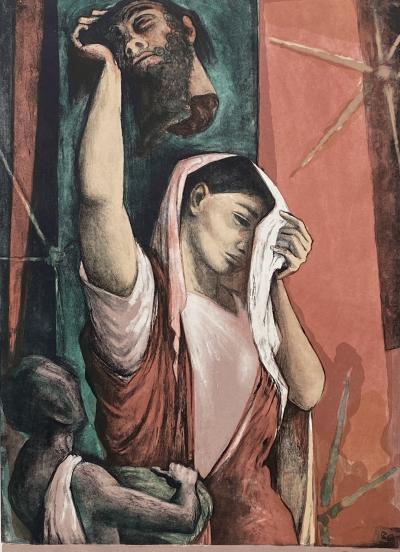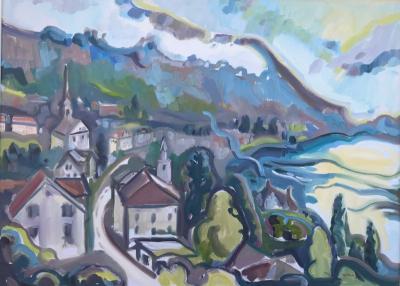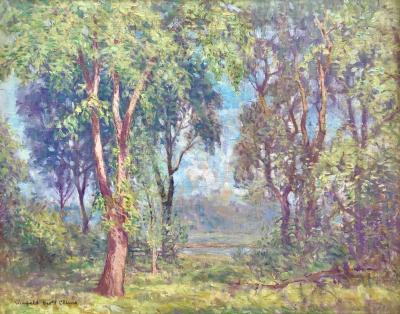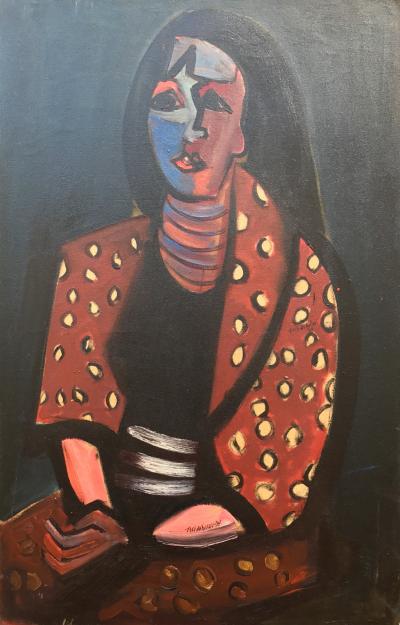"Scene in Unin Square, New York on a March Day"
-
Description
Original wood engraving on paper. Taken from Harper’s Weekly, April 7, 1860. Signed “Homer” in the plate. Condition is good. Slight staining lower left. Very slight tear to the left of the 3rd line starting with the word “Policeman”. Framed in a simple thin black frame with gold inner liner. Frame has wear consistent with age. Under glass. Overall framed size is good 12.75 by 14.25 inches. Provenance: A Sarasota, Florida estate.
Winslow Homer was born in Boston, Massachusetts, in 1836, the second of the three children, all sons, of Henrietta Benson and Charles Savage Homer. His artistic education consisted chiefly of his apprenticeship to the Boston commercial lithographer John H. Bufford, and a few lessons in painting from Frédéric Rondel after that. Following his apprenticeship, Homer worked as a free-lance illustrator for such magazines as Harper's Weekly.
In 1859 he moved to New York City, where began his career as a painter. He visited the front during the Civil War and his first important paintings were of Civil War subjects. In 1867 he spent a year in France. At Gloucester, Massachusetts, in 1873 he began to paint in watercolor. In 1875 he submitted his last drawing to Harper's Weekly, ending his career as an illustrator. He traveled widely in the 1870s in New York State, to Virginia, and Massachusetts, and in 1881 he began a two-year stay in England, living in Cullercoats, near Newcastle.
Returning to America in 1883, he settled at Prout's Neck, Maine, where he would live for the rest of his life. He continued to travel widely, to the Adirondacks, Canada, Bermuda, Florida, and the Caribbean, in all those places painting the watercolors upon which much of his later fame would be based. In 1890 he painted the first of the series of seascapes at Prout's Neck that were the most admired of his late paintings in oil. Homer died in his Prout's Neck studio on September 30, 1910. -
More Information
Origin: United States, New York Period: 19th Century Materials: Etching on archival paper Condition: Good. Slight staining lower left with normal toning of paper. Very slight tear to the left of the word policeman in line 3 on bottom of the engraving Creation Date: 1860 Styles / Movements: Victorian Incollect Reference #: 739068 -
Dimensions
W. 7.5 in; H. 5.25 in; D. 0.75 in; W. 19.05 cm; H. 13.34 cm; D. 1.91 cm;
Message from Seller:
Arthur T. Kalaher Fine Art, located in Southampton, NY, offers a curated selection of traditional and contemporary works, including pieces by the Peconic Bay Impressionists and the estate of Nahum Tschacbasov. For inquiries, contact 631.204.0383 or visit arthurkalaherfineart.com.















